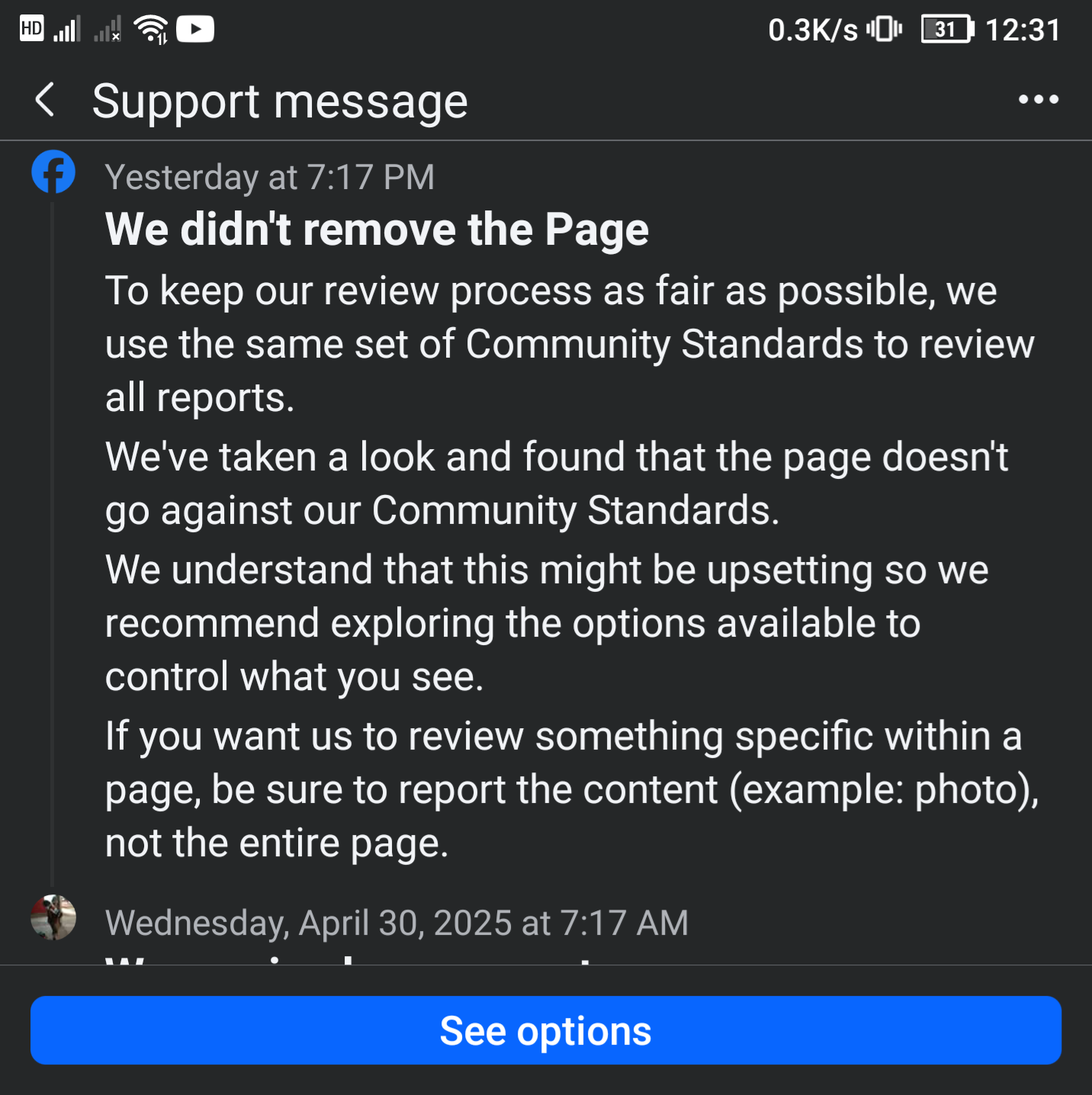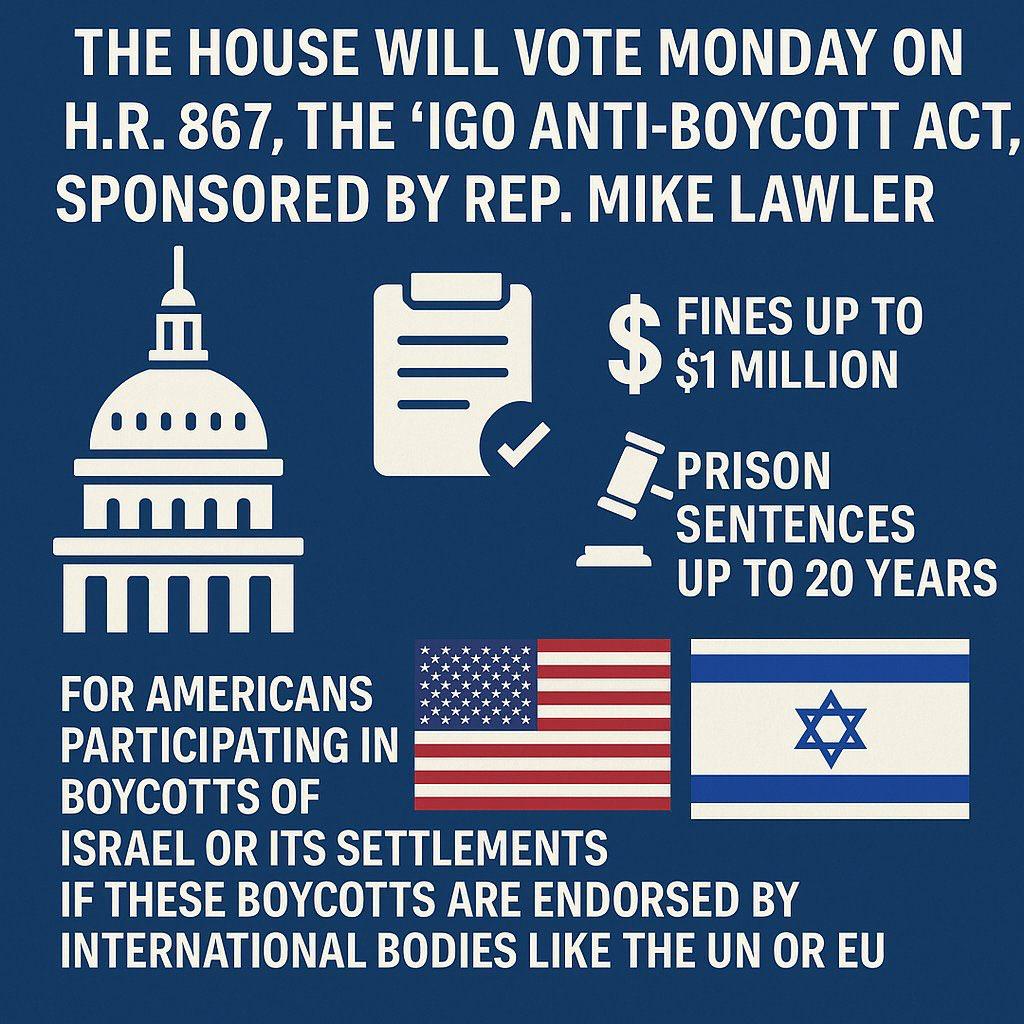Introduction
Facebook, with over 2.9 billion monthly active users, is a cornerstone of global connectivity. However, its vast reach has made it a breeding ground for scammers exploiting users through phishing, fake ads, and account takeovers. Recent reports, including personal accounts like that of my aunt, highlight a troubling pattern: Facebook’s inadequate response to scam reports, with appeals often denied despite clear evidence. This article explores the unchecked proliferation of scams on the platform, from fraudulent pages to scam recovery services impersonating legal agencies, and the urgent need for independent investigations and a responsive oversight body.
The Scope of the Problem
Scammers exploit Facebook’s platform in sophisticated ways. Common tactics include:
- Phishing and Account Takeovers: Fraudsters send messages or emails posing as Facebook, warning users of policy violations or account deactivation. These messages trick users into clicking malicious links or sharing login credentials. My aunt fell victim to such a scam six months ago, receiving a fake warning that her popular Facebook page violated terms. The message, sent by an entity posing as an Islamic extremist organization, led her to a spoofed login page where her credentials were stolen, compromising her account.
- Fake Pages and Ads: Scammers create pages impersonating brands, charities, or celebrities to run fake giveaways or sell counterfeit goods. Recent posts on X highlight investment scams using fake celebrity endorsements, such as ads claiming high-profile journalists run fraudulent schemes, which Meta has failed to curb despite repeated requests.
- Scam Recovery Fraud: Victims of initial scams are targeted again by fake “recovery services” advertised on Facebook. These services impersonate legal agencies or lawyers, promising to recover lost funds for a fee. My aunt encountered such ads after her page was compromised, further compounding her distress. These scams often go unchecked, with Facebook’s ad review process overlooking obvious red flags.
According to the Federal Trade Commission, social media scams, particularly on Facebook, accounted for $1.4 billion in reported losses in 2023, with investment and shopping scams being the most prevalent. Over 62% of Facebook users encounter scams weekly, the highest rate among social platforms.
Facebook’s Inadequate Response
Despite the scale of the issue, Facebook’s response to scam reports is often lackluster. Users, including my aunt, report that appeals to remove fraudulent pages are frequently denied, even when evidence—such as inconsistent posting history, lack of verification, or clear phishing attempts—is undeniable. In her case, Facebook rejected her appeal to remove the scam page, citing insufficient evidence, despite the page’s history of suspicious activity. This pattern discourages reporting, as users feel their efforts are futile.
On X, users express similar frustrations. One post notes Meta’s failure to address scam investment sites on Facebook, Instagram, and WhatsApp, despite repeated complaints. Another highlights scammers posing as cryptocurrency experts, with no apparent action from Meta. These sentiments echo a broader dissatisfaction with Facebook’s content moderation, which relies on over 15,000 reviewers but often fails to catch obvious scams.
The denial of reports may stem from an overwhelmed moderation system or a lack of rigorous verification processes. Meta’s 2022 layoffs, which cut staff in security and privacy sectors, likely exacerbated the issue, as noted by 41 U.S. state attorneys general in 2023. They reported a “dramatic spike” in account takeovers, with Meta’s response deemed insufficient.
The Human Cost
The consequences of Facebook’s inaction are profound. My aunt’s experience illustrates the emotional and financial toll: losing control of her page, facing fraudulent posts made in her name, and encountering fake recovery ads deepened her distress. Victims of account takeovers often see scammers exploit their connections, as in New Brunswick, where a woman’s hijacked account was used to swindle friends out of thousands by posting fake sales.
Scam recovery fraud compounds the harm. These services, often advertised on Facebook, prey on vulnerable victims, charging fees for nonexistent legal aid. The lack of scrutiny over such ads allows scammers to operate openly, undermining trust in the platform.
Recent Coverage and Sentiment
Recent coverage underscores the urgency of the issue. A 2025 article from getcarefull.com warns of phishing scams via fake Facebook emails, urging users to report suspicious activity to phish@fb.com. Malwaretips.com details the “Violations Detected on Your Page” scam, noting its use of spoofed URLs to steal credentials. On X, posts from May 2025 highlight consumer alerts about widespread Facebook scams and Meta’s inaction against fraudulent investment ads.
CBC News reported in 2024 on Meta’s failure to stop account takeovers, with scammers using hijacked profiles to post fraudulent sales. The lack of customer service and delayed responses left victims without recourse. These reports align with user complaints on X, where Meta’s inaction is a recurring theme.
The Need for Reform
Facebook’s current approach—relying on automated systems and understaffed moderation—falls short. The platform’s failure to verify reported pages or scrutinize ads allows scams to flourish. Independent investigations, as called for by cybersecurity experts, could expose systemic flaws and pressure Meta to act. A dedicated, responsive body within Facebook to handle scam reports, with transparent processes and stricter ad vetting, is essential.
Users can protect themselves by enabling two-factor authentication, scrutinizing URLs, and avoiding unsolicited links. However, individual vigilance cannot substitute for platform accountability. Meta must prioritize user safety over profit, addressing the moderation gaps that enable scammers to thrive.
Conclusion
Facebook’s inaction against scammers is a growing crisis, leaving users like my aunt vulnerable to phishing, account takeovers, and fraudulent recovery services. The platform’s denial of clear scam reports and failure to vet ads exacerbate the problem, as evidenced by recent coverage and X posts. Independent investigations and a robust response mechanism are critical to restoring trust. Until Meta acts decisively, users must remain vigilant, but the onus should not fall solely on them. It’s time for Facebook to confront its scam epidemic head-on.
Some specimens include:



![]()





